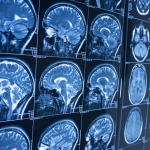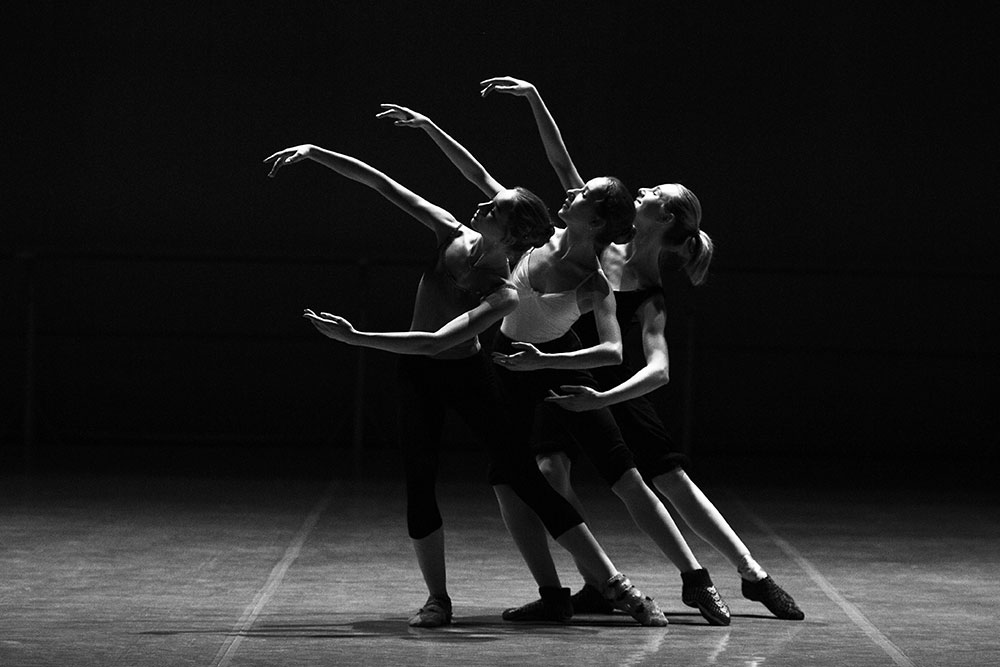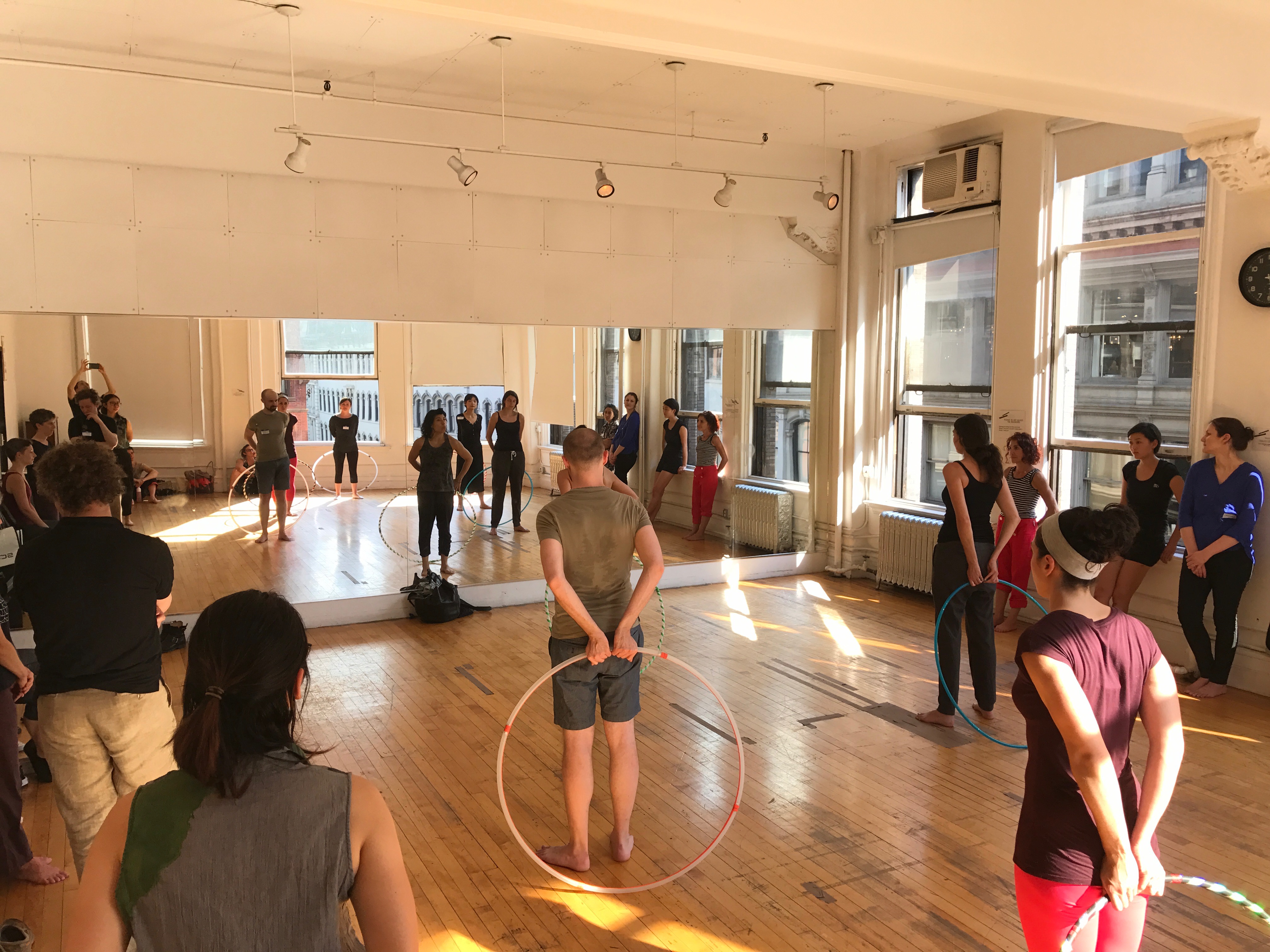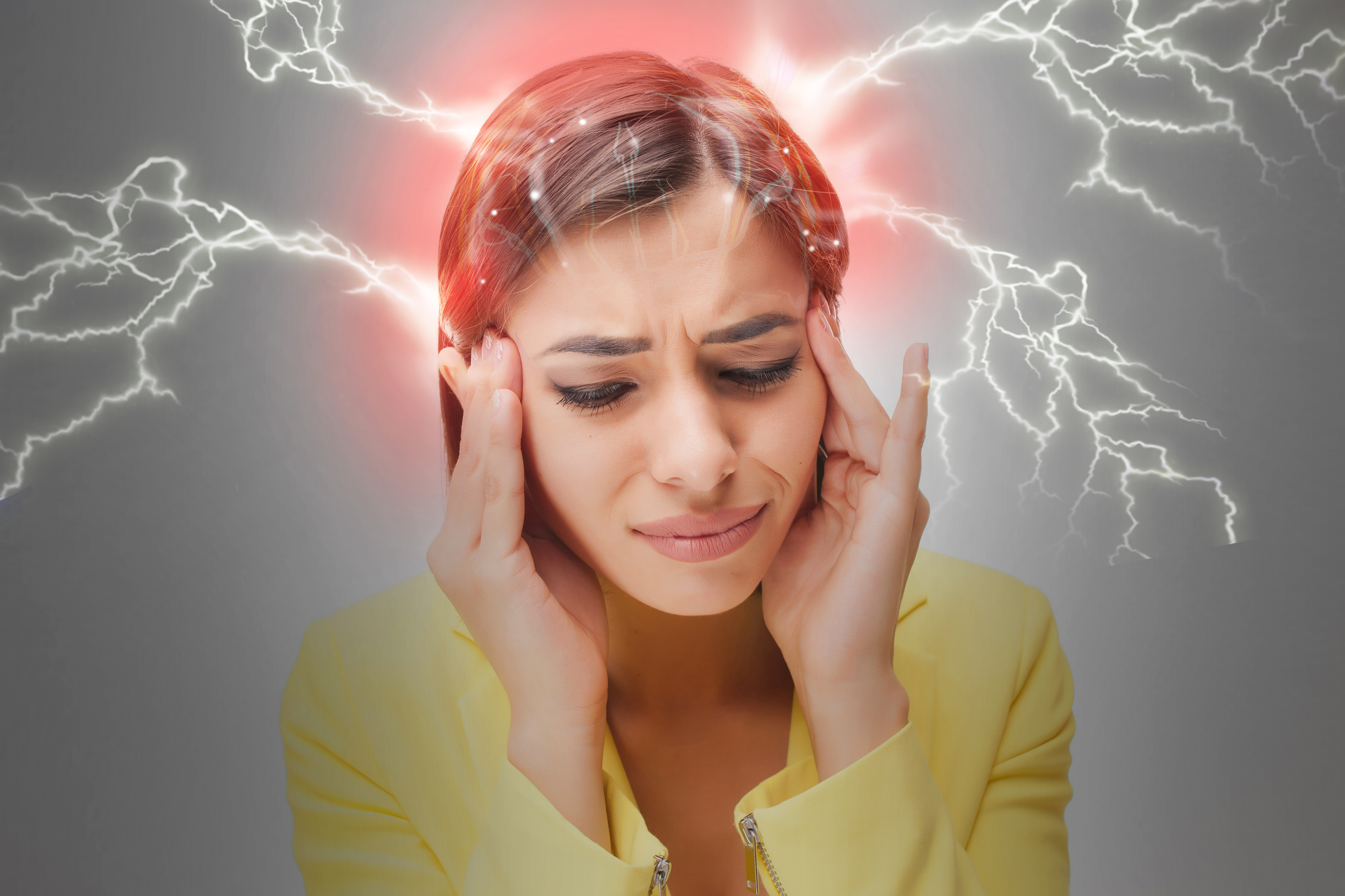Training Your Body and Brain
Contributed by Julia C. Basso, PhD, Post-doctoral Research Associate at the Center for Neural Science and New York University Training Your Body and Brain Many different forms of exercise exist. At the gym, we are given options to use the treadmill, stationary bicycle, Stairmaster, elliptical or participate in a yoga, Zumba or spin class. We are














